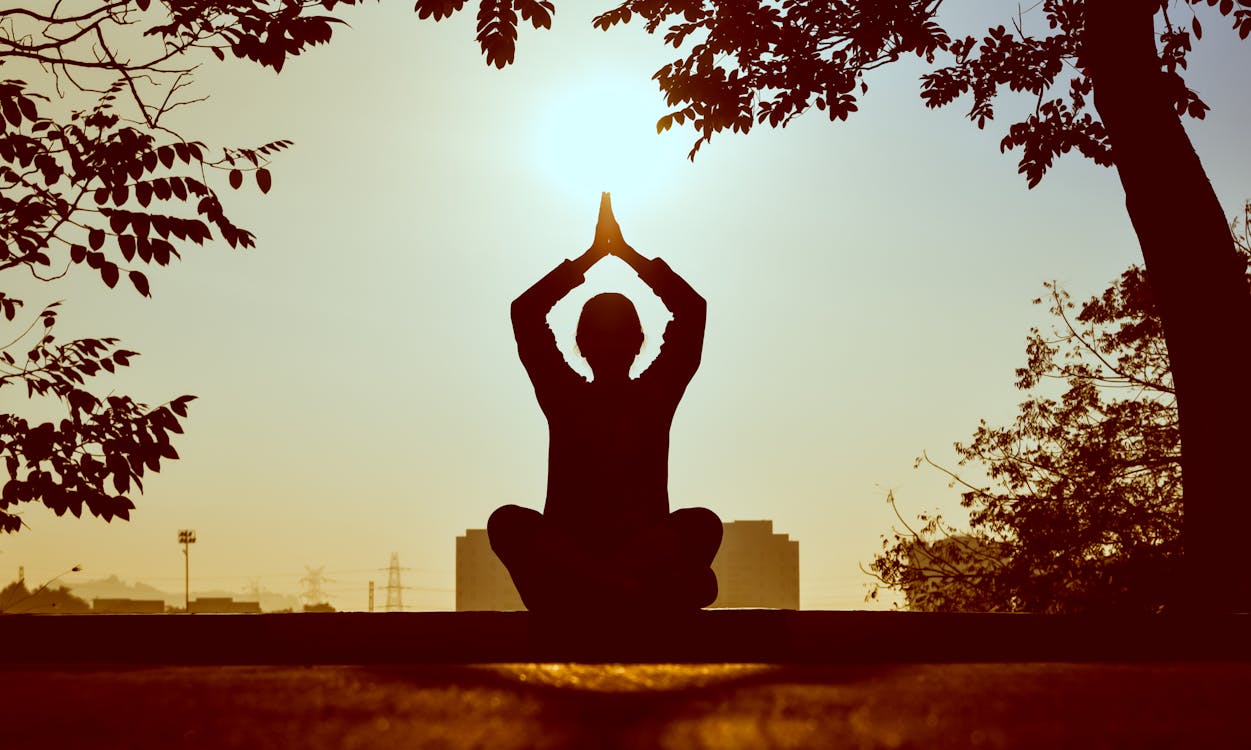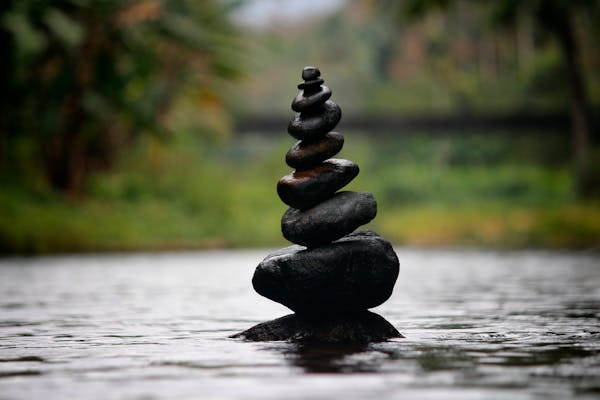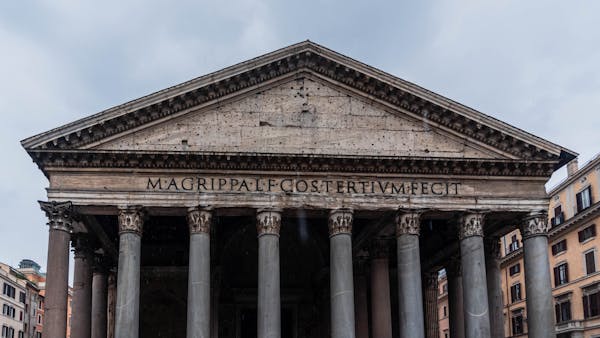November 18, 2024
7 Practical Ways to Cultivate Resilience and Inner Peace in Daily Life
In today's fast world, it's key to have resilience and inner peace. I've found that adding certain habits to my day helps a lot. These habits boost my calm, self-control, and ability to handle tough times1. They keep me in the moment and boost my health and work performance.

Kelvin Mutuota
@Kelvin
Philosophy
This guide will share seven easy ways to find inner peace and resilience. We'll use Stoic wisdom and modern mindfulness. These methods help you deal with stress better, grow emotionally, and live true to your values. This leads to a life with more purpose and direction.
Key Takeaways
- Develop a mindfulness practice to stay grounded in the present moment.
- Cultivate gratitude and appreciate the positive aspects of your life.
- Engage in regular physical activity to support overall well-being.
- Prioritize self-care and rejuvenation to prevent burnout.
- Embrace Stoic principles by focusing on what you can control and accepting what you cannot.
Understanding Inner Peace and Resilience in Modern Life
In today's world, finding inner peace and resilience is key.
- Inner peace means feeling calm and content.
- Resilience helps us navigate life's ups and downs with balance.
The Science Behind Peace and Balance
- 40 million adults in the U.S. live with anxiety, making peace hard to find.
- Mindfulness practices, like meditation, reduce stress by up to 31%.
Benefits of Cultivating Inner Harmony
- Gratitude lowers depression and anxiety by 10-15%.
- Resilience training boosts emotional strength by 20-25%.
The Connection Between Peace and Resilience
- Helping in the community improves purposefulness by 35%.
- Gratitude practices increase emotional stability by 23% during tough times.
- Teenagers who build resilience report 15% less stress.
Stoic Foundations
Stoicism was founded in Athens in the early 3rd century BC.
Prominent Stoics like Seneca, Epictetus, and Marcus Aurelius emphasized virtues like wisdom and courage, influencing modern therapy techniques like CBT.
Mindfulness and Meditation Practices for Daily Calm
Mindfulness and meditation help achieve eudaimonia—a state of true well-being.
- The 4-7-8 breathing exercise is a simple yet powerful relaxation method.
- Journaling and gratitude practices boost self-awareness and emotional balance.
"Mindfulness is the practice of being fully present and aware in the current moment, without judgment or attachment to the past or future."
Adding mindfulness techniques can lead to greater inner peace and resilience.
The Path of Stoicism: Ancient Wisdom for Modern Resilience
Stoicism offers timeless principles:
- Live virtuously and focus on what you can control.
- Exercises like negative visualization and facing discomfort build mental fortitude.
Nancy Sherman's Stoic Wisdom highlights Stoicism's empathetic and practical nature, showing how it fosters resilience.
Physical Well-being and Environmental Harmony
Physical health is vital for inner peace:
- Activities like yoga, jogging, or dancing release endorphins.
- Nature brings calmness, creating a sense of harmony.
Stoic teachings on respecting nature align with today's environmental needs, urging us to live wisely and sustainably.
Building Emotional Resilience Through Relationships
Supportive relationships play a big role in emotional resilience:
- Surround yourself with people who share your values.
- Set healthy boundaries to avoid burnout.
- Practice radical acceptance, focusing on what you can control.
Conclusion
The journey to build resilience and inner peace is lifelong but rewarding.
By embracing Stoicism, mindfulness, and self-care, we can lead lives filled with purpose, clarity, and peace.
FAQ
What are the benefits of cultivating inner peace and resilience?
- Reduces stress and anxiety.
- Boosts mental health, productivity, and happiness.
How can mindfulness and meditation help?
- Calms the mind and reduces stress.
- Exercises like 4-7-8 breathing activate relaxation responses.
What can Stoic philosophy teach us about resilience?
- Focus on what you can control.
- Use exercises like negative visualization to build mental strength.
How does physical well-being contribute to inner peace?
- Releases endorphins for improved mood.
- Activities in nature promote calmness.
What role do relationships play in building emotional resilience?
- Positive connections and boundaries improve balance.
- Surrounding yourself with supportive influences fosters growth.
Share this content
You might also like
November 26, 2024
Kelvin Mutuota
Master Stoicism: The Ancient Art of Resilience
This blog explores the timeless philosophy of Stoicism, its origins, and how it teaches us to handle challenges in life. Learn how ancient Stoic principles can help you develop resilience, gain perspective, and focus on what truly matters.

November 22, 2024
Kelvin Mutuota
The Secret to a Serene Life: Stoicism Explained
Ever dreamed of inner peace? A calm that goes beyond daily noise? You're not alone. In today's fast world, we all seek tranquility. But what if the answer is ancient Stoicism? This philosophy from Greece and Rome shows us how to live better. It teaches us to face life's ups and downs with grace and purpose.



